gù
incident, happening, cause
Phonosemantic compound. 攵 represents the meaning and 古 represents the sound.
Evolution

Bronze script
Early Western Zhou (~1000 BC)
Seal script
Shuowen (~100 AD)
Clerical script
Eastern Han dynasty (25-220 AD)Regular script
ModernDefinitions
gù
ancient, old; reason, because; happening; instance; reason; cause; intentional; former; old; friend; therefore; hence; (of people) to die, dead
Sources
李学勤《字源》p.250
